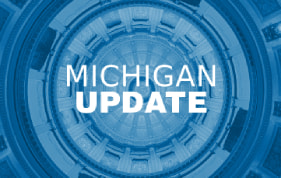With support from the Robert Wood Johnson Foundation (RWJF), Health Management Associates (HMA) recently conducted a qualitative evaluation of Phase 1 of the RWJF Total Cost of Care and Resource Use (TCOC) pilot. The TCOC framework, developed by HealthPartners and endorsed by the National Quality Forum (NQF), is an analytical tool that measures cost and resource use for virtually all care used by individuals. According to HealthPartners, TCOC is designed to “support affordability initiatives, to identify instances of overuse and inefficiency, and to highlight cost-saving opportunities.”
In 2013 the RWJF funded five regional health care improvement collaboratives (RHICs) to measure TCOC using multi-payer commercial data, engage stakeholders, publicly report the measures associated with primary care physician practices or groups by December 2014, and work collaboratively with each other. RWJF also funded the Network for Regional Healthcare Improvement (NRHI) to lead and coordinate this effort to test a standardized TCOC approach in multiple regions and establish national benchmarks for cross-regional analysis.
The initial 18-month grants (11/1/2013 – 4/30/2015) constituted Phase 1 of the pilot; in spring 2015, RWJF awarded these grantees and up to three additional regions Phase 2 funding to continue and expand their efforts. The objectives of HMA’s evaluation were to assess the RHICs’ early experiences with a collaborative approach to a standardized TCOC framework, and to identify promising practices and critical lessons for other community collaboratives, policymakers, funders, and stakeholders.
To learn about the key accomplishments, challenges and other lessons learned, download the complete report below.



